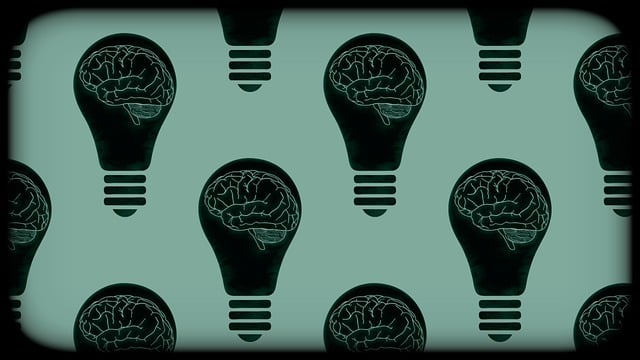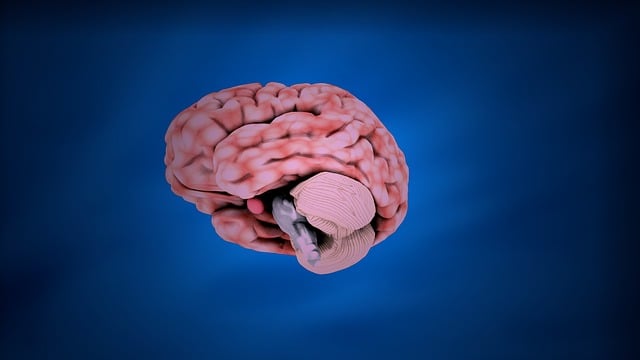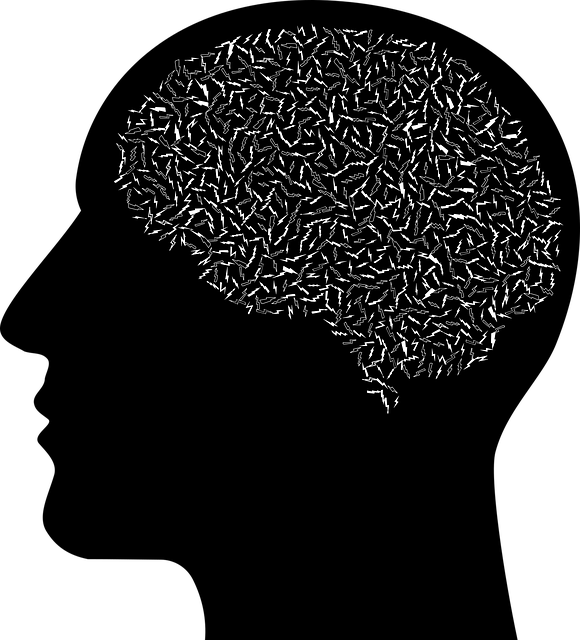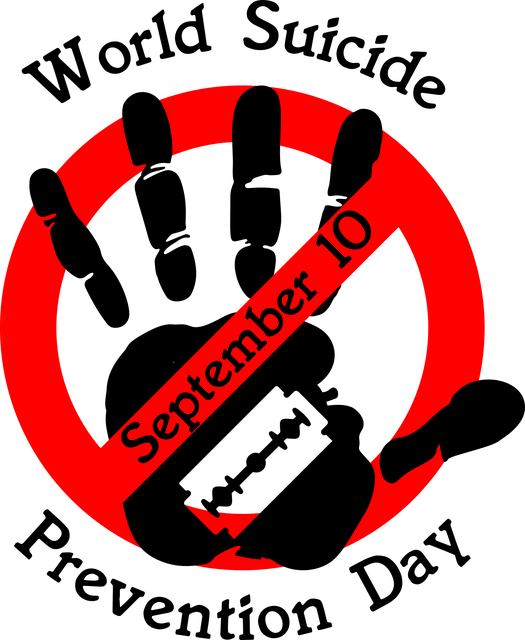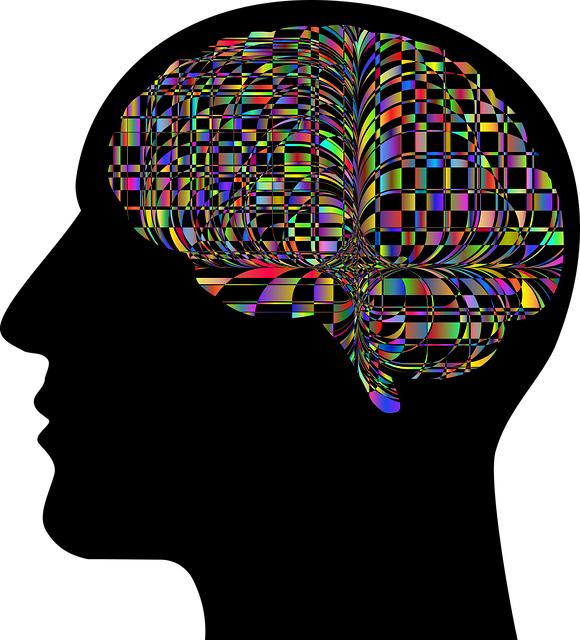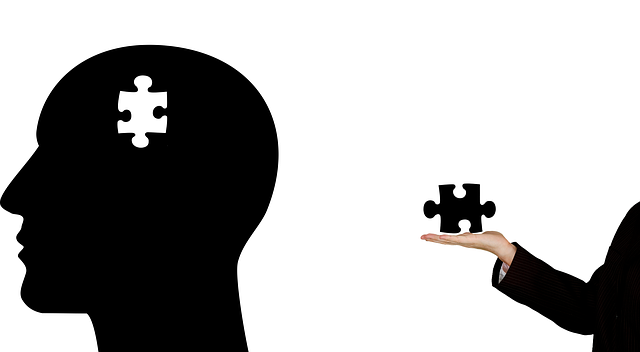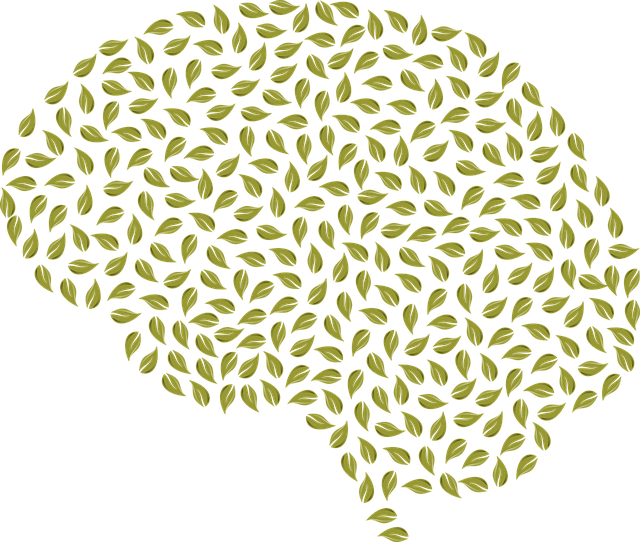Wheat Ridge Children's Therapy offers specialized mental health support for young minds, combining evidence-based therapies with cultural sensitivity. They utilize diverse evaluation methods, including quantitative (standardized questionnaires) and qualitative techniques (interviews, focus groups), to measure program effectiveness. Quantitative analysis tracks specific outcomes like anxiety levels, while qualitative insights uncover participants' unique experiences. Continuous improvement is driven by feedback loops, data analysis, and regular check-ins, ensuring programs remain tailored to each child's evolving needs and foster positive mental wellness outcomes.
Evaluating mental wellness programs is crucial for ensuring their effectiveness and impact. This article explores comprehensive evaluation methods, using Wheat Ridge Children’s Therapy as a case study. We provide an overview of assessment tools tailored for mental health programs, delving into both qualitative techniques like client feedback and quantitative analyses measuring outcomes. Additionally, we discuss strategies for continuous improvement, emphasizing the importance of feedback loops and adjustment plans inspired by Wheat Ridge’s innovative practices.
- Understanding Wheat Ridge Children's Therapy: An Overview
- Assessment Tools for Mental Health Programs
- Qualitative Evaluation Techniques
- Quantitative Analysis in Measuring Program Effectiveness
- Continuous Improvement: Feedback Loops and Adjustment Strategies
Understanding Wheat Ridge Children's Therapy: An Overview

Wheat Ridge Children’s Therapy stands as a beacon of hope and support for young minds navigating mental health challenges. This therapeutic approach is tailored to meet the unique needs of children, recognizing that their emotional well-being is intricately linked to their overall development. The program employs a multi-faceted strategy, combining evidence-based therapies with nurturing environments, to foster growth and resilience. By integrating various techniques such as Self-Awareness Exercises and promoting healthy Self-Care Practices, Wheat Ridge Children’s Therapy helps young clients develop coping mechanisms that will serve them throughout their lives.
Beyond individual therapy sessions, the program emphasizes Cultural Sensitivity in Mental Healthcare Practice, ensuring that each child receives care that respects and embraces their background. This inclusive approach not only enhances the effectiveness of treatment but also fosters a sense of belonging and trust, allowing children to open up and engage more deeply in the therapeutic process. Through these comprehensive methods, Wheat Ridge Children’s Therapy aims to empower young individuals to overcome mental health hurdles and embrace a brighter future.
Assessment Tools for Mental Health Programs

Evaluating mental wellness programs requires a robust toolkit to measure their effectiveness. Assessment tools play a pivotal role in understanding the impact and outcomes of interventions aimed at improving mental health, especially in youth. Wheat Ridge Children’s Therapy, for instance, employs various methods to assess the success of its programs. These include standardized questionnaires and surveys that gauge changes in symptoms, behavioral patterns, and overall functioning. Such tools capture subjective reports from both clients and caregivers, providing insights into progress made during therapy sessions.
One effective approach is Social Skills Training, which assesses an individual’s ability to interact and communicate with peers. Additionally, Conflict Resolution Techniques are often incorporated into evaluations to understand how well participants manage interpersonal challenges. By combining these assessment methods, mental health programs can offer a comprehensive view of clients’ mental wellness, tailoring services to meet their unique needs and fostering positive outcomes.
Qualitative Evaluation Techniques

Qualitative Evaluation Techniques play a pivotal role in understanding the impact and effectiveness of mental wellness programs, particularly those offered by specialized centers like Wheat Ridge Children’s Therapy. These methods delve into the experiences, perceptions, and narratives of participants, providing deeper insights beyond quantitative data. Through techniques such as in-depth interviews, focus groups, and observation, researchers can capture nuanced details about how individuals cope with their mental health challenges and the strategies they find most beneficial.
For instance, at Wheat Ridge Children’s Therapy, qualitative assessments have been instrumental in evaluating programs focused on Coping Skills Development. By engaging with children and parents through open-ended conversations and group discussions, therapists gain valuable insights into the practical application of coping strategies in daily life. Additionally, these evaluations extend to the production of Mental Wellness Podcast Series, where participants’ stories and experiences are shared, further enriching understanding of what works best for different individuals. Social Skills Training programs also benefit from qualitative techniques, allowing therapists to observe and assess improvements in interpersonal interactions, a crucial aspect of overall mental wellness.
Quantitative Analysis in Measuring Program Effectiveness

Quantitative analysis plays a pivotal role in evaluating the effectiveness of mental wellness programs, offering structured and data-driven insights. This method involves measuring specific outcomes and changes among participants before and after program implementation. For instance, at Wheat Ridge Children’s Therapy, researchers might assess improvements in anxiety levels, depression symptoms, or overall psychological well-being using standardized questionnaires. These quantitative measures provide tangible evidence of the program’s impact, allowing for informed decisions about its success and areas for improvement.
Through statistical analysis, patterns and correlations can be identified, highlighting effective components within the mental wellness program. For example, investigating whether Mindfulness Meditation practices contribute to Inner Strength Development or if specific therapeutic techniques significantly reduce Mental Illness Stigma Reduction Efforts. This data-centric approach ensures that programs are evidence-based, tailored to real needs, and continuously enhanced for optimal participant outcomes.
Continuous Improvement: Feedback Loops and Adjustment Strategies

At Wheat Ridge Children’s Therapy, continuous improvement is at the core of our mental wellness program evaluation methods. We foster a culture of feedback loops, where data from client assessments, treatment outcomes, and regular check-ins are meticulously analyzed to identify areas for enhancement. This dynamic approach ensures that our programs remain effective and tailored to the evolving needs of each child. By integrating these insights, we can swiftly adjust strategies, making necessary modifications to techniques and interventions.
The process encourages a proactive mindset, where potential challenges are anticipated and addressed proactively. For instance, if resilience-building exercises prove particularly beneficial for certain clients, this insight guides our strategy for refining and scaling up such activities. Similarly, incorporating mindfulness meditation practices into daily routines can significantly boost self-esteem improvement, leading to adjustments in treatment plans to better incorporate these evidence-based techniques.
Evaluating mental wellness programs, such as those offered by Wheat Ridge Children’s Therapy, requires a multifaceted approach. By combining qualitative insights from techniques like interviews and observations with quantitative data through surveys and metrics, we gain a comprehensive understanding of program effectiveness. Continuous improvement is facilitated through feedback loops that adjust strategies based on these evaluations. This holistic method ensures that programs like Wheat Ridge Children’s Therapy can optimize their impact, fostering better mental health outcomes for the youth they serve.





